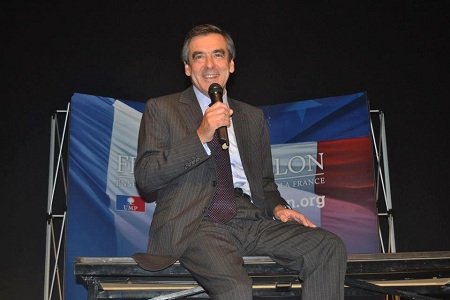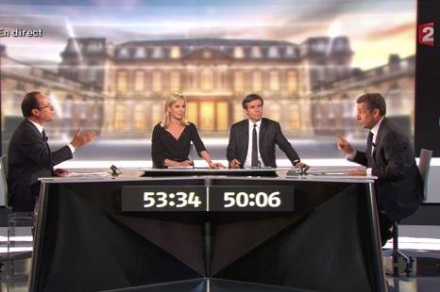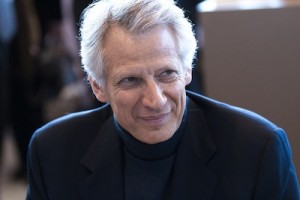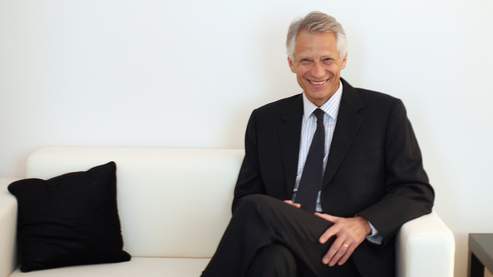What a difference a decade makes.
Ten years after French president Jacques Chirac and France’s UN ambassador Dominique de Villepin made an impassioned stand in the United Nations against the US-led invasion of Saddam Hussein’s Iraq over the issue of weapons of mass destruction, France finds itself as the chief European ally in US president Barack Obama’s push to punish the Syrian regime of Bashar al-Assad for the alleged use of chemical weapons in Damascus late last month.
In a parliamentary debate in Paris yesterday, French prime minister Jean-Marc Ayrault (pictured above) made a strong case for intervention for the purpose of demonstrating the international community’s credibility in deterring the use of chemical, biological and nuclear weapons in the future. Center-right legislators in the Union pour un Mouvement Populaire (UMP, Union for a Popular Movement), including the UMP’s parliamentary leader Christian Jacob, argued just as forcefully that French participation in a US-led strike against the Syrian regime of Bashar al-Assad — without the authorization of the United Nations Security Council — over the use of chemical weapons would isolate France’s role in the international community.
Although Chirac and the UMP also opposed unilateral intervention in Iraq in 2002 and 2003, it’s ironic that the UMP has suddenly found itself as the voice of opposition to Hollande because no one is more responsible for the transformation of France’s newfound assertiveness in world affairs than former president Nicolas Sarkozy, who succeeded Chirac in 2007, who struck a consistently muscular posture on foreign affairs. Sarkozy, always keen to rejuvenate Franco-American relations, took a starring role alongside Cameron in the UN-backed NATO campaign to enforce a no-fly zone against Libyan leader Muammar Gaddafi in 2011 and support anti-Gaddafi rebels in Tripoli and Benghazi.
Had he won reelection in May 2012, Sarkozy would likely be just as enthusiastic as Hollande to support Syrian intervention — probably more so given the opportunity to supplant the United Kingdom as Obama’s chief partner. Some former Sarkozy officials, notably former foreign minister Alain Juppé, support France’s forward role in Syria.
But Sarkozy, who may run again for president in 2017, has been uncharacteristically quiet on France’s role in any military action against Syria.
Silence or not, it’s the UMP’s Sarkozy who put France on the path to a more aggressive foreign policy, in part by returning France to NATO’s military command after a 40-year absence. Since the start of Syria’s civil war two years ago, both Sarkozy and Hollande have called for Assad’s removal, and Sarkozy helped lifted the EU arms embargo on Syria to allow weapons to the anti-Assad opposition.
Hollande, who marked a rupture from Sarkozy in presidential style, social policy and economic policy, has largely followed Sarkozy’s path on foreign affairs. Hollande ordered French troops into northern Mali earlier this year (like Libya, an action also approved by the Security Council) to reclaim territory that had been occupied by radical Islamists. Though it was a limited intervention, taken with a light touch by a country long accused of pursuing a neo-colonial Françafrique policy since the 1960s, Hollande’s action looks for now to have been very successful in stabilizing Mali — Mali’s newly elected president Ibrahim Boubacar Keïta was sworn in yesterday. Continue reading French debate on Syria intervention highlights Sarkozy legacy on world affairs






